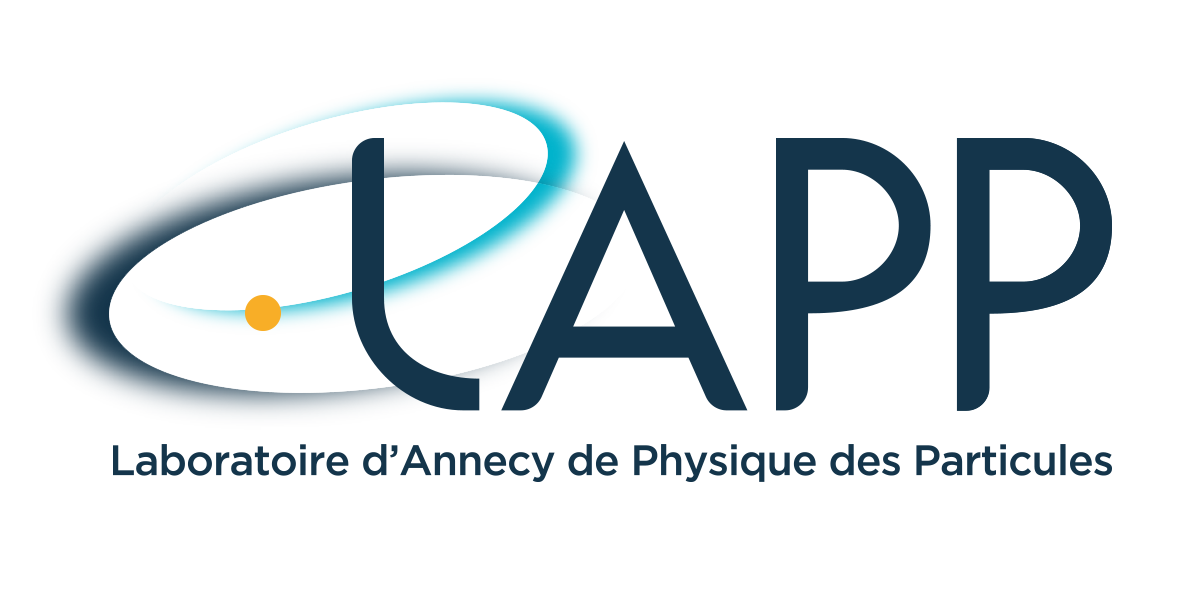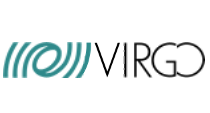Virgo

The Virgo experiment, alongside the American LIGO and Japanese KAGRA detectors, forms an international network of gravitational wave detectors. The Virgo detector is a three-kilometer-long interferometer built near Pisa, Italy. The number of detected gravitational wave sources, some of which are particularly unique, increased from around ten in 2018 to about a hundred in 2020. From 2020 to 2023, the detectors underwent modifications. For Virgo, these improvements mainly focused on reducing quantum noise and adding a new mirror to the interferometer. Challenges related to this new optical configuration delayed Virgo’s entry into the new observation period, which began in late May 2023, while tuning activities continue to advance Virgo’s sensitivity.
During this period, the Virgo team at LAPP has significantly contributed to research on compact binary coalescences and the stochastic background. The team’s technical involvement remains strong, including the installation of the quantum noise reduction system, tuning and investigation of noise sources limiting sensitivity, and the design of an optical configuration aimed at overcoming current issues.
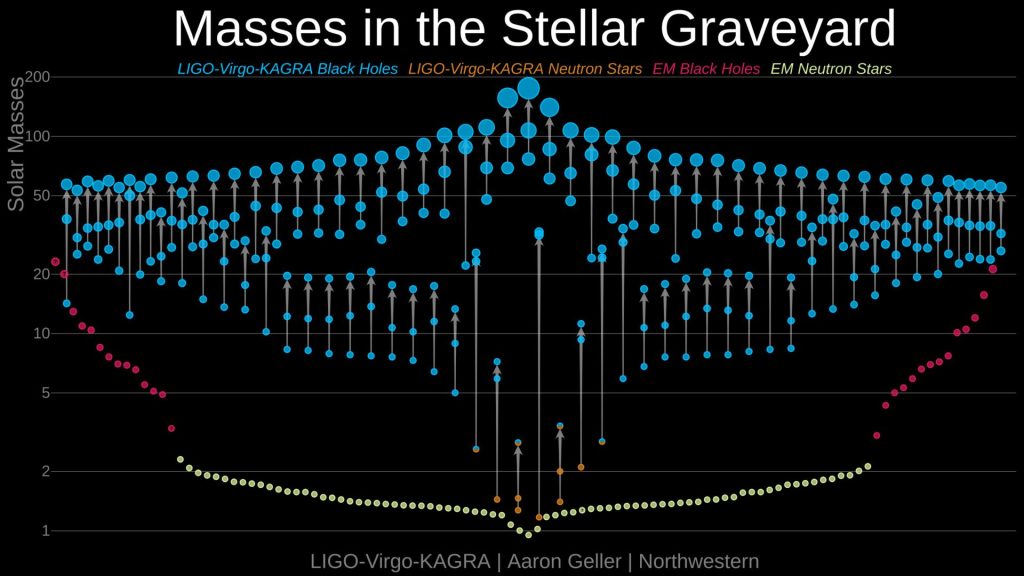
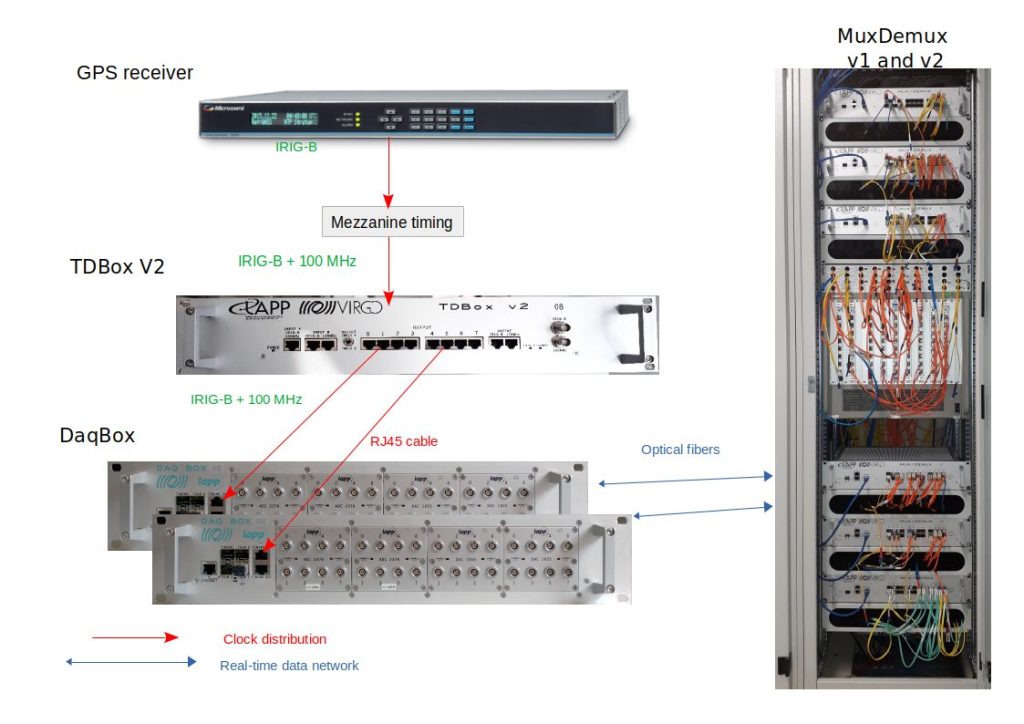
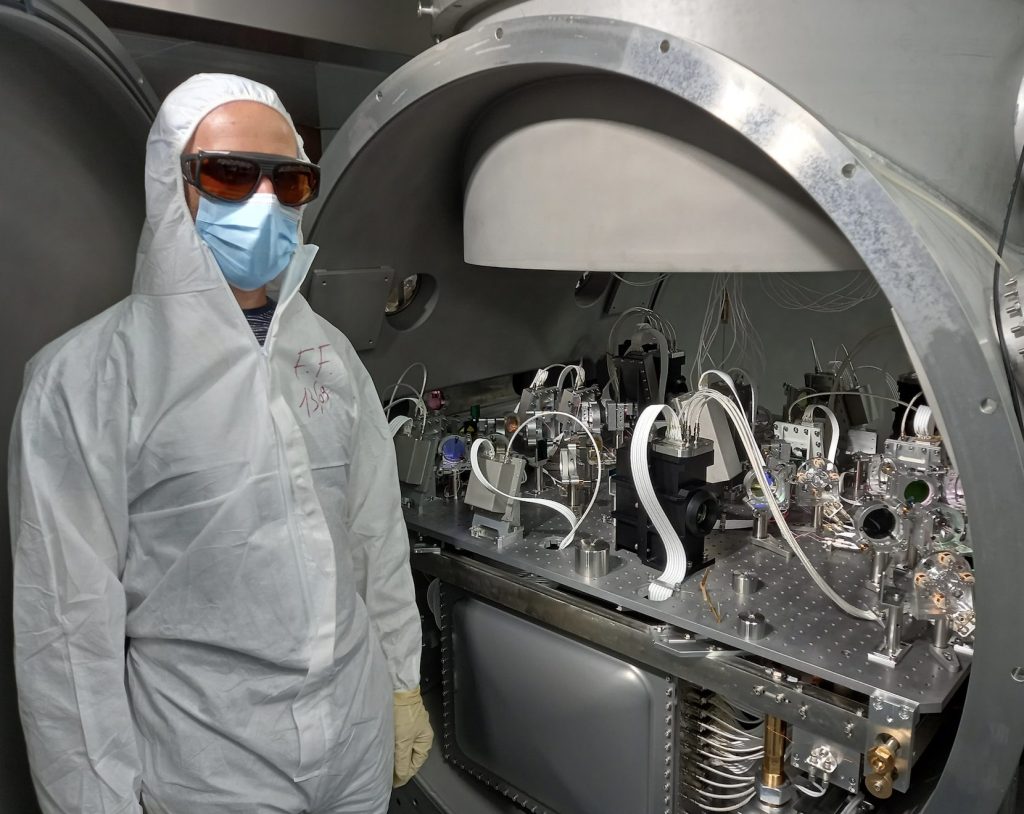
Activities in LAPP
- AdV+:
- Project Leader, coordinator of two systems (ITF and ESC) and four subsystems (DET, DAQ, SIN, CAL)
- Deputy to the commissioning coordinator
- Coordinator of the Optical Characterization group
- Member of the Post-O5 Committee
- Deputy to the spokesperson of the Virgo experiment
- Member of the Detection Committee LIGO-Virgo
- Member of the Continuous Waves analysis review committee LIGO-Virgo
- Co-coordinator of the LIGO-Virgo stochastic background analysis group
- Member of the Data Release Committee LIGO-Virgo-KAGRA
- Coordinator of the Virgo Organization Committee
- Co-coordinator of the Core Program Committee
- Co-coordinator of the Diversity Committee LIGO-Virgo
- Member of the Virgo Editorial Board
- Member of the GWOSC advisory panel LIGO-Virgo
- Member of the LIGO program advisory committee
Completed Phd Thesis and Habilitations
- Christopher Allene – Phd’s defense – Sept. 11, 2024 – Study of Early Warning during the low-latency search for compact binary coalescence using the MBTA pipeline
- Michal Was – HDR’s defense – Nov. 23, 2023 – 10AM – A bang and a flash in the hubbub and haze — GW170817 / GRB 170817A and noises limiting gravitational wave detectors
- Paul Lagabbe – Phd’s defense – Oct. 22, 2023 – Towards an accurate Virgo gravitational wave strain reconstruction for real-time multi-messenger astronomy
- Nicolas Andres – Phd’s defense – sep. 9, 2023 – MBTA pipeline analysis optimization and frequency response calibration method development for the gravitational wave detector Virgo
- Eleonora Polini – Phd’s defense – dec. 22, 2023 – Broadband quantum noise reduction in AdV+ : from the installation of the frequency-dependent squeezing system to the mitigation of scattered light and detection losses
- Iuri La Rosa – Phd’s defense – sep. 15, 2023 – Fast Identification of continuous gravitational-wave signals
- Victor Hui – Phd’s defense – Apr. 01, 2022 – AlGaAs crystalline mirrors for the space-time metrology and their application to gravitational wave detectors
- Carole Perigois – Phd’s defense – oct. 4, 2021 – Advanced Virgo background noise study and research of astrophysical stochastic gravitational background.
- Marc Eisenmann – Phd’s defense – nov. 10, 2020 – Use of squeezed states of light for the reduction of quantum noise in Advanced Virgo
- Florian Aubin – Phd’s defense – oct. 2, 2020 – Low latency search for gravitational waves from compact coalescing binaries during the thrid observing run of Advanced Virgo and Advanced LIGO
- Dimitri Estevez – Phd’s defense – june 9, 2020 – Upgrade of Advanced Virgo photon calibrators and first intercalibration of Virgo and LIGO detectors for the observing run O3
Collaboration
The Virgo collaboration, as of late 2023, consists of 37 groups from 9 European countries (France, Italy, Netherlands, Hungary, Poland, Spain, Germany, Belgium, Greece) with 560 authors.
Furthermore, the Virgo collaboration is bound by agreement with the LIGO Scientific Collaboration (LSC) and KAGRA. In 2023, the combined LIGO, Virgo, and KAGRA collaborations comprise nearly 1800 authors.
Actualités
- All
- Science
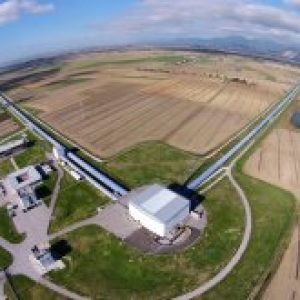
At a press conference given at the CNRS headquarters, scientists from the LIGO-Virgo collaboration announced the first observation of gravitational
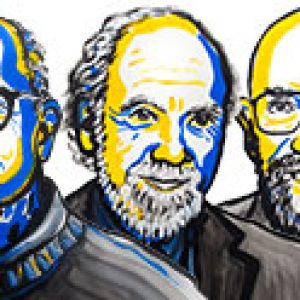
Congratulations to Rainer Weiss, Barry C. Barish and Kip S. Thorne from LIGO-Virgo collaboration and Laureates of 2017 Nobel Prize

In conjunction with the G7-science meeting in Turin, scientists of LIGO and Virgo collaborations just announced the observation of gravitational
